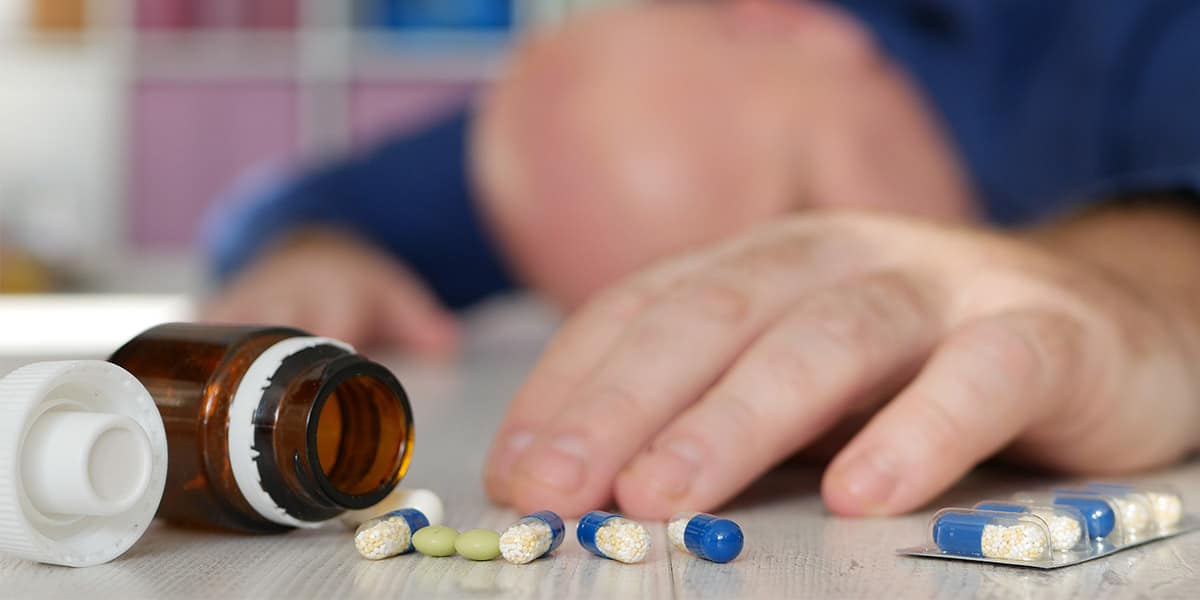Prescription drugs are meant to keep people healthy and null the effects of various health conditions. Unfortunately, there are a wide array of defective drugs being manufactured every day. These drugs can severely injure or result in the death of their victim. Though, it can be difficult to assess if a drug is truly defective, which is why you will need the help of a Greenville mass tort attorney. Most drugs have the potential of producing some violent side effects. Therefore, these drugs cannot be considered defective.
The Definition Of A Defective Drug
Drugs may have a variety of negative side effects, but there is definitely a fine line between a risky drug and a defective drug. A defective drug can be defined as a drug that holds multiple severe and deadly side effects that may outweigh the drug’s positive benefits.
The Federal Drug Administration (FDA) is a government agency that is responsible for regulating the sale of over-the-counter drugs. The FDA also ensures that drugs are safe for the general public. Nonetheless, thousands of FDA-approved drugs are recalled each year. These dangerous drugs can inflict serious harm or death to an individual.
Therefore, you may be wondering how defective drugs are being distributed to the public, even under the watching eye of the FDA.
The FDA Doesn’t Actually Test Drugs
It was previously mentioned that the FDA ensures that drugs are deemed safe for public use. However, the FDA doesn’t actually test drugs to make sure that these medications are compliant with consistent safety ordinances. It is important to understand that the FDA relies on the data that pharmaceutical companies give them regarding a new drug.
Generally, pharmaceutical companies are required to conduct tests on their new drugs. These tests essentially break down the positive and negative benefits of the drug. If the FDA determines that the drug is safe enough to be used based on its data, the drug will be approved.
Sadly, many pharmaceutical companies may be focused entirely on making a profit instead of creating safe drugs. As a result, a countless number of defective drugs are becoming increasingly available to the public due to the inconsistency and gross negligence of both the FDA and pharmaceutical companies.
Who Can Be Held Liable For A Defective Drug?
In the case of product liability, a drug manufacturer can be held responsible for any injuries sustained as the result of a defective drug. Under Georgia law, you can receive compensation if you or a loved one has been affected by a defective drug in the following ways:
- Basic Liability – Under Georgia law, a drug manufacturer can be held liable for the damages that result from the use of a defective drug. It must be noted that drugs do usually carry undesired side effects. Therefore, the drug manufacturer can only be held responsible if the negative side effects outweigh its positive benefits.
- Negligence – It is up to the drug manufacturer to ensure that their drugs are safe for public use. If you can prove that the company knew or should have known about the potential dangers of its drug, you can reasonably sue for damages.
- No Warning – Most drugs contain labels that explain their negative benefits. If the manufacturer fails to provide any warnings, the company could be sued as well.
Overall, defective drugs are common throughout the United States. Although pharmaceutical companies and the FDA are responsible for keeping drugs safe for public use, defective drugs can slip through the cracks and affect the lives of innocent people.
If you believe that you or a loved one used a defective drug, be sure to contact a personal injury lawyer in Atlanta who can bring your case to justice.
Bryce is considered a highly esteemed trial lawyer and a passionate client advocate amongst his peers in the Atlanta legal community. Never afraid to go the extra mile for his clients, Bryce Angell works tirelessly to ensure that each client’s personal injury case gets the attention that it deserves.



